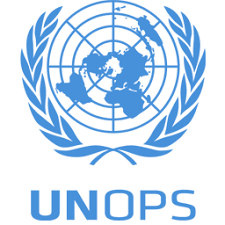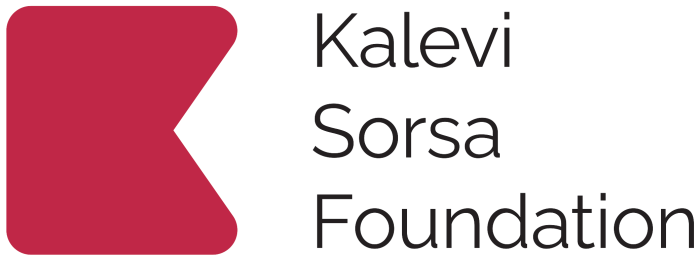Headquarters: Svetog Nauma 7, 11000
Office address: Đorđa Vajferta 13, 11000
Phone:: +381 11 4529 323

UNOPS program Knowledge for Reform Action in the Western Balkans
European Policy Centre (CEP) is the Serbian partner in a consortium led by Public Administration International (PAI), which has secured…

